Eliminating debt early might free up money for other uses, as a mortgage payment frequently represents a sizeable portion of your monthly costs. Before you make that choice, take into account the following:
1. It's an individual choice.
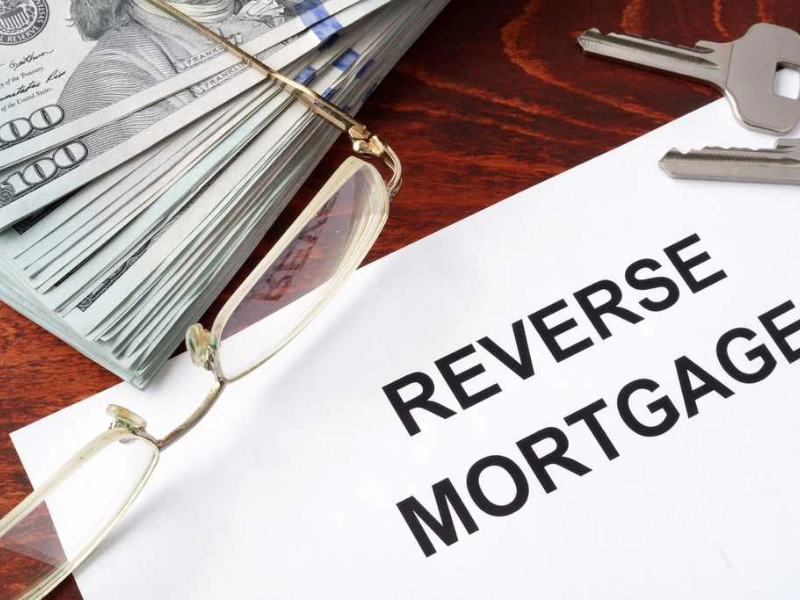
The choice to pay off your mortgage early is a personal one based on your objectives and unique circumstances. Doing so has numerous benefits, such as releasing cash flow and saving tens of thousands of dollars in interest. This additional cash can be invested in a retirement account or other investment vehicle, used to pay down existing debt (like credit card debt), or saved for other purposes.
It's crucial to keep in mind, though, that early mortgage repayment may reduce the amount of money you have available for other investments or savings. Furthermore, some loans may have prepayment penalties. It is advisable to speak with a financial planner before making this choice. They can assist you in weighing the benefits and drawbacks of early mortgage repayment. Additionally, they can offer advice on how to lower your interest rate and simplify your mortgage payments. Given the ongoing rise in interest rates, this is particularly crucial.
2. The choice is financial.

Long-term loans, such as mortgages, can extend for many years. You can often save a substantial amount of money on interest by paying off your mortgage early. It's crucial to keep in mind, though, that you might be able to invest your extra money more wisely somewhere else.
For instance, investing in the stock market can yield greater returns than paying down your mortgage. Additionally, you will forfeit the tax benefit associated with deducting mortgage interest if you pay off your mortgage early.
In addition, when you pay off your mortgage earlier than agreed upon, the majority of lenders impose a mortgage prepayment penalty in order to make up for the interest they lost. To find out if paying off your mortgage early makes sense for you, it's vital to analyse your mortgage contract and your financial circumstances. You may make the best choice for your circumstances with the assistance of a financial advisor.
3. The Choice Is Dangerous

The ability to avoid paying large amounts of interest is the main incentive for homeowners to pay off their mortgage early. It's also an excellent method to accelerate the growth of your home's equity.
When making the decision to pay off your mortgage, it's crucial to consider the advantages and disadvantages of doing so. For instance, it can lower your liquidity for savings or investments, and it might have an impact on your credit score. It might also keep you from benefiting from tax deductions for things like mortgage interest.
Furthermore, you will probably be required to pay closing fees if you refinance to a shorter term or pay off your mortgage early. These expenses may exceed the money saved on a lower monthly payment. Furthermore, the financial damage to your credit score and general financial situation might not be worth it if you don't invest that extra cash. It's crucial to take into account your current status with regard to retirement planning and debt repayment.
4. The choice is timely.
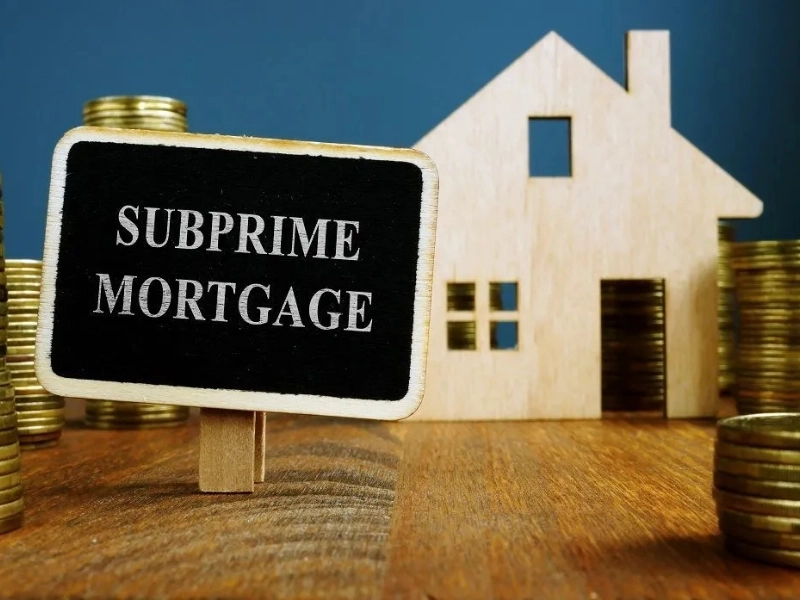
An early mortgage payment might save you a significant sum of money in interest. It's crucial to take into account alternative financial objectives prior to deciding to use your excess money towards early mortgage repayment.
For instance, it's imperative to make sure you have enough money saved for retirement and household emergencies. If you pay off your mortgage with your bonus or other windfall, it can take a while for the returns on your investment to equal your expenses.
It's also critical to realise that paying down your excess income on your mortgage could cause costly adjustments to your tax position. Therefore, before making a decision, it's imperative that you speak with a knowledgeable tax professional to determine its implications.
Recommended Reading: Occupational Injury: Recognising Your Rights to Compensation and Legal Options
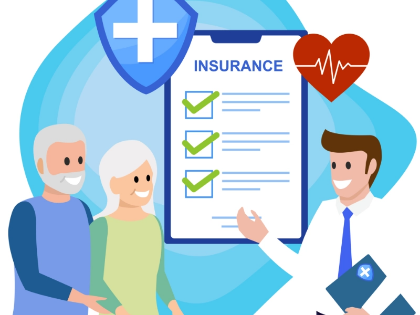
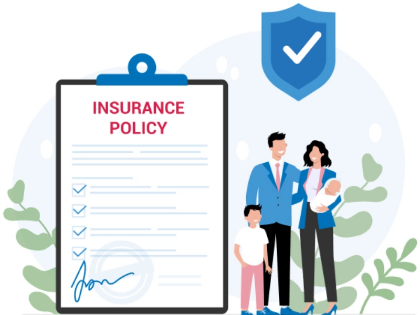


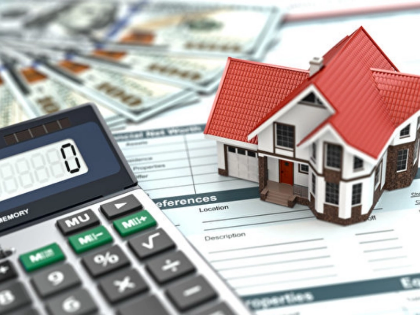


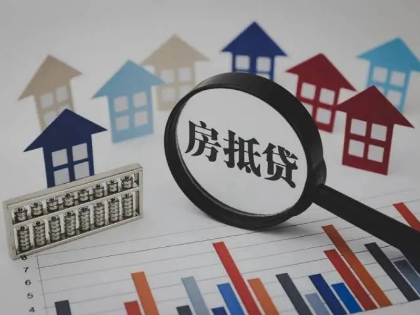



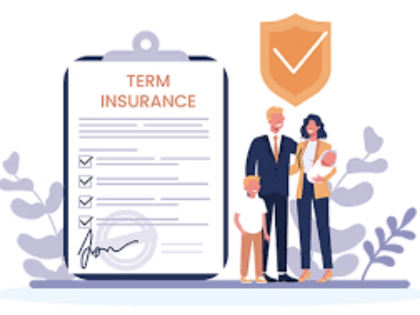







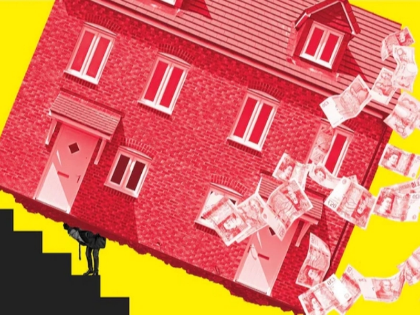
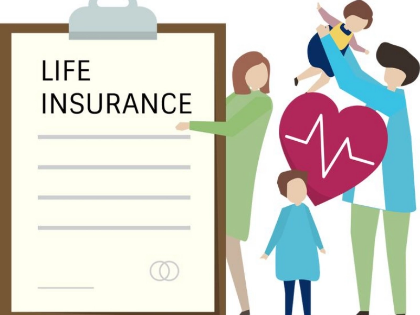
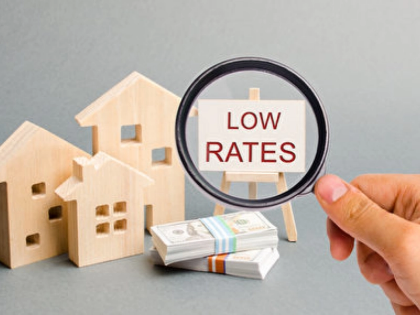
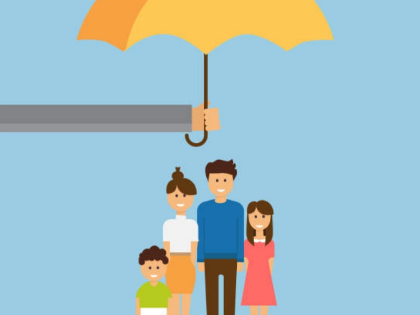

This would scale with minimal refit.
Balanced optimism vs. realism.